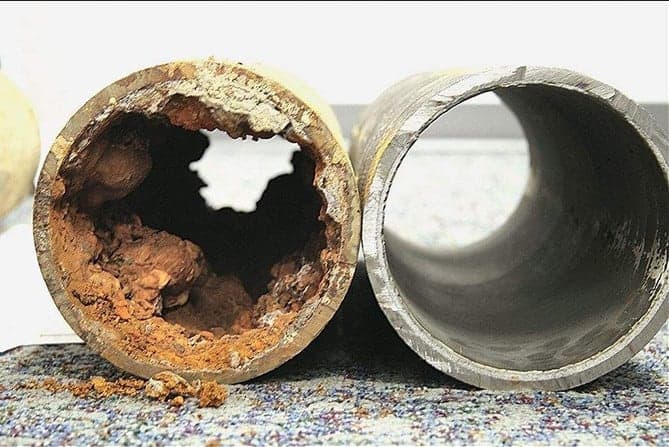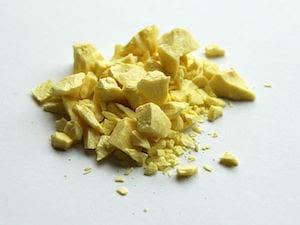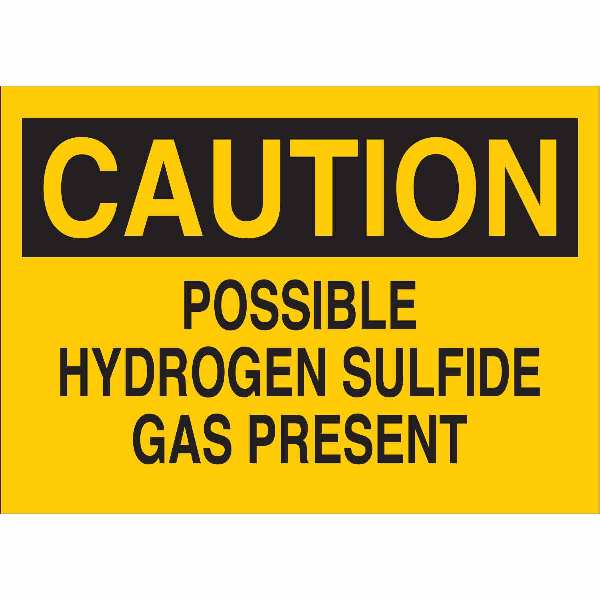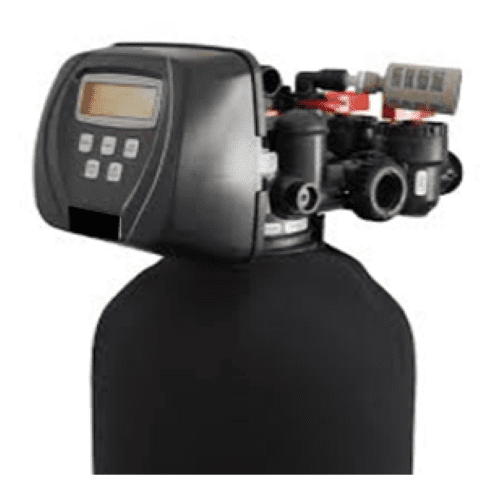Why does the water smell like rotten eggs?
Sometimes the smell that comes from your tap water can be so potent it becomes intolerable. This smell is similar to that of rotten eggs. In this case, your water smells like rotten eggs because it contains hydrogen sulfide gas. This is a common problem experienced by many households, particularly those that consume water coming from a still source such as a Lake Reservoir or well.

What Causes My Water to Smell like rotten eggs?
This smell is caused by naturally occurring organic compounds that breed from decayed plant materials in lakes and reservoirs. The gas gets into the water through water coming in contact with:
- Decaying organic matter in soils and rocks which contain sulphur.
- Sulphate bacteria will then convert Sulphur compounds to hydrogen sulphide gas.
- A reaction in your water heater.
- Minerals such as pyrite.

Can sulphur bacteria make you sick?
The two water contaminants, hydrogen sulphide, and sulphates are generally not harmful to your health. However, even minuscule concentrations of these two contaminants will prevent you from drinking the water because of the potent taste and odour. Excess amounts of hydrogen sulphide gas can be harmful, though. You must either vent the gas to the atmosphere or remove it from the water. Venting will help stop the gas from collecting in low-lying areas such as basements or enclosed places like well houses. You must never enter or allow anyone who is not a professional to enter a well pit or enclosed area where hydrogen sulphide gas may be present.
Sulphur bacteria is not harmful to your health though it produces slime, which is a breeding ground for other bacteria such as iron bacteria. This slime may also harbour disease-causing germs. Moreover, the slime may clog plumbing, wells, and irrigation systems.
The effects of sulphur as a water contaminant are directed less to health and more to plumbing fixtures. The component corrodes metals and sometimes reacts to them and leaves a black or yellow stain. This corrosion will eventually lead to leaking pipes.

How do you detect contaminated water?
Sometimes the levels of sulphur may be so low that you cannot taste or smell it. Here are some ways to detect if you have sulphur in your water.
-
- Corrosion can be observed on metal components and pipes in the water distribution system. This may be a sign of hydrogen sulphide gas.
- Testing the water in a laboratory. You ought to consider testing our water because the smell of rotten eggs does not necessarily relate to the sanitary quality of your water. In some rare cases, the gas may come from pollution or sewage. You should test your water for coliform bacteria and nitrate to be safe.
-
- Black and yellow stains on plumbing fixtures
- Bacterial slime, which is grey, black, white, or reddish-brown.
What causes hydrogen sulphide in a water heater?
A water heater may provide a conducive environment for converting sulphate into hydrogen sulphide gas. This happens in two ways: It can create a warm environment suitable for sulphur bacteria. Second, it can sustain a reaction between the water heater anode and the sulphate in the water.

How do I get rid of the rotten egg smell in my water?
First, you have to find the source of the disease, then you will know the best treatment option. To find the source, go away from your home for a few hours, then smell the water coming out of your cold and hot water faucets to determine which faucets have the rotten egg smell.
If the problem is in the water heater, then you need to hire a plumber or water system professional. This problem can be solved by:
- Removing or replacing the magnesium anode rod: This anode rod is found at the top of the water heater attached to a plug which screws into the top of the hot water tank. It can be easily removed if you turn off the water, release the pressure from the heater then unscrew the plug. You must remember to properly replace the plug in the tank. It is important to note that removing the anode will shorten the life of the water heater. Replacing the anode is a better option, especially one made of different materials like aluminium. An aftermarket aluminium anode rod gives you corrosion protection and will not produce hydrogen sulphide gas.
- Chlorination: Using a chlorine bleach solution to disinfect and flush the water heater will kill sulphur bacteria. However, if the process does not eliminate all the bacteria, the problem may reoccur in a few weeks.
- Increasing the temperature in the water heater to 71 degrees Celsius (160 degrees Fahrenheit) for some hours. This process is dangerous and should be done by a professional who understands the make of the heater.
If the problem is in the plumbing system, water softener, or well then, this problem can be solved by:
- Well disinfection: This process involves disinfecting the plumbing system and well with a strong chlorine solution. Any licensed well contractor can do this for you.
- Pre-work: Dealing with sulphur bacteria once it’s established in a well is quite daunting. You will have to scrub the well casing, use special treatment chemicals, and agitate the water before disinfecting. This method is also used to remove iron bacteria and can be conducted by a licensed well contractor.
- Device disinfection: If the bacteria are found in water treatment devices such as water softeners, you must contact the manufacturer, installer, or professional for disinfection instructions.
Will a water Softener remove the sulphur smell?
The most effective way to remove the rotten eggs smell in your water is to contact a water treatment specialist who will analyse all the components and provide the best treatment equipment. Using an aeration system specially designed for sulphur/iron removal is the most effective and environmentally friendly treatment. This process involves adding oxygen to the water which reacts with the hydrogen sulphide gas to form an odourless, tasteless particle. These particles are trapped in the media and flushed into the sewer during the regeneration cycle.

